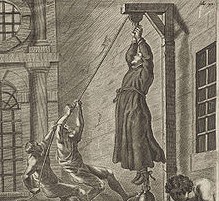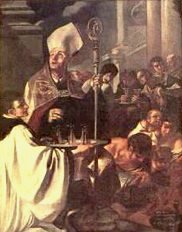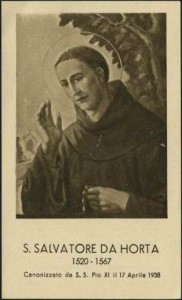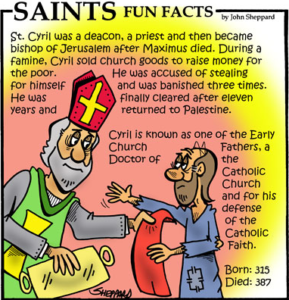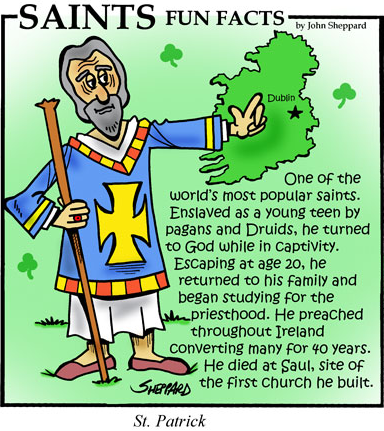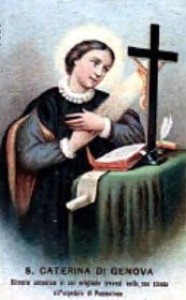
Saint Catherine of Genoa (1447-1510)
Image: Adoremus Books
(Franciscan Media) Born in Italy Genoa, the life of Catherine may be more properly described as a state than a life says EWTN than as a life in the ordinary sense.
Catherine’s parents were members of the nobility in Genoa, at the age of 13 Catherine attempted to become a Nun but was rejected because of her age–three years later, Catherine married a fellow by the name of Julian, a nobleman himself but he turned out to be a gambler according to Catholic Culture, selfish and unfaithful to her her–for a time, Catherine attempted to numb her disappointment by a life of selfish pleasure.
One day in Confession, Catherine had a new sense of her own sins and how much God loved her, she reformed her life and gave good example to Julian, who soon himself turned from his self-centered life of distraction.
Julian’s spending however ruined him and Catherine financially, they decided thereafter to live in a large hospital and dedicated themselves to the works of charity there–after Julian’s death in 1497 Catherine took over management of the hospital.
Catherine thought on purgatory for which she reasoned begins on earth for souls open to God. Life with God in heaven is a continuation and perfection of the life with God begun on earth.
Exhausted by her life of self-sacrifice, Catherine passed away at the age of 63 and was Canonized in 1737 by Pope Clement XII
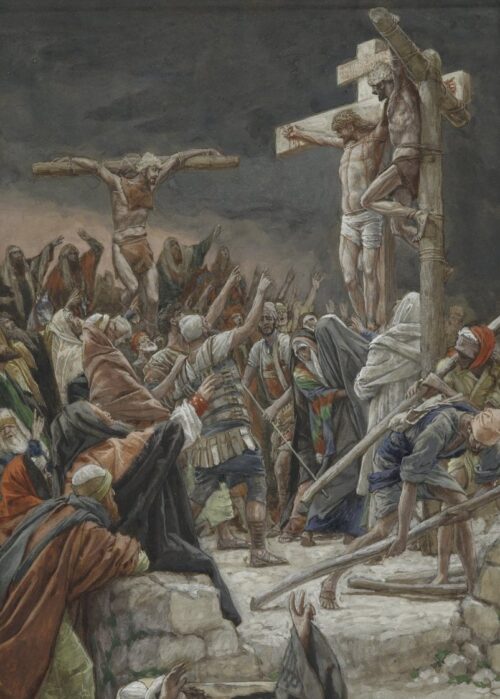 St. Dismiss, Penitent Thief, Canonized from the Cross
St. Dismiss, Penitent Thief, Canonized from the Cross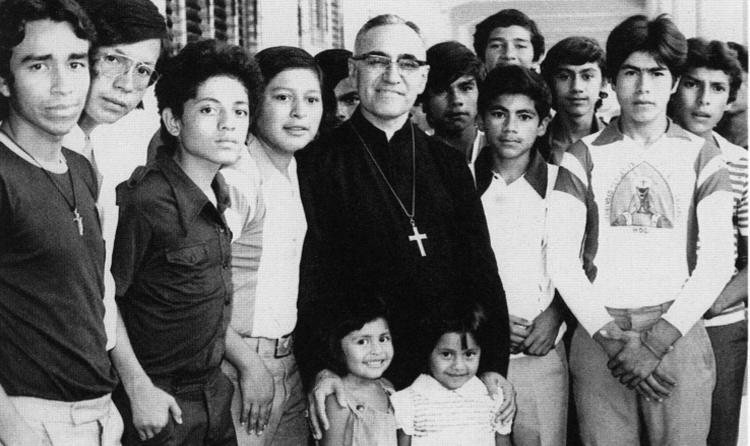
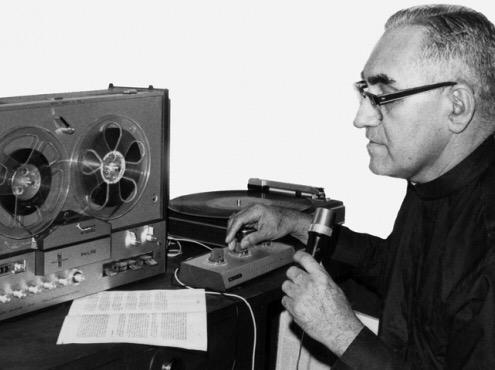 Archbishop Oscar Romero — El Salvador’s Most Trusted News Source
Archbishop Oscar Romero — El Salvador’s Most Trusted News Source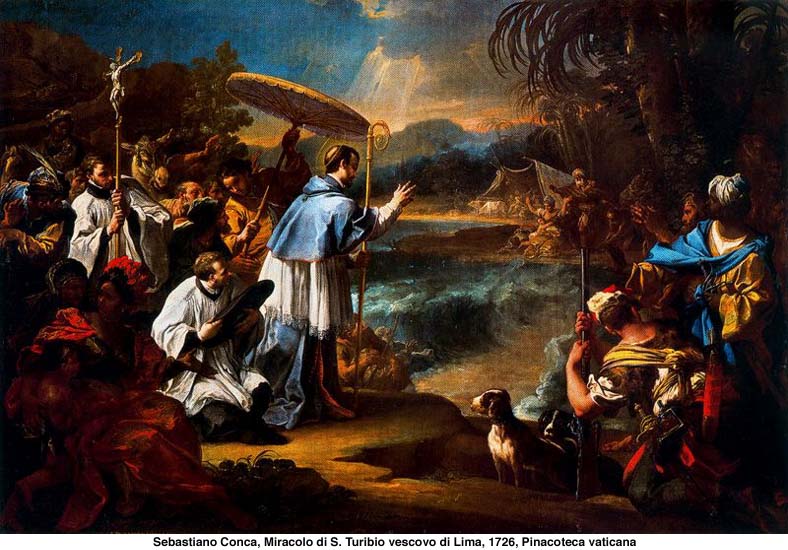 Saint Turibius of Mogrovejo (1538-1606)
Saint Turibius of Mogrovejo (1538-1606)